A Song for Nagasaki
When the Army doctors and nurses arrived to take responsibility Nagai was at last free to think of his own family. His children and gran were safe six kilometers away in the mountains. But Midori! As he stumbled down the slope towards the desert of ash that had once been Urakami, remorse flooded his soul for not going to her help as soon as he was rescued from the debris in his office. With difficulty he found their home in an area that was now but broken roof tiles and white ash. What was that black lump over there? It was Midori! There was little more than the charred remains of her skull, hips and backbone. He could see she died in the kitchen that she loved. Sobbing, he picked up a heat-buckled pail and knelt to gather her bones. What was the dull glint among the powdered bones of her right hand? Though the beads were melted into a blob, the chain and cross identified it as the rosary he had seen slipping through her fingers so often. He bowed his head and sobbed; “Dearest God, thank you for allowing her to die praying. Mother of sorrows, thank you for being with faithful Midori at the hour of her death.” As he carefully scooped the bones into the pail he murmured: “Ah, gracious Jesus our Saviour, you once sweated blood and bore the heavy cross to crucifixion. And now you have shed peaceful light on the mystery of suffering and death, on Midori’s and my own.” Nagai lost his endearing wife in the Nagasaki A-bomb! The event is so horrendous we tend to shut it out. It is hard to read this account of the destruction of 72,000 happy, loving, hard-working citizens of a beautiful city called the Naples of the Orient.
The Principal character of this book, Takashi Nagai, is an incredible man who exemplifies a characteristic of Japanese Christian history, total commitment and even martyrdom. His books became best-sellers in demoralized Japan. People of all classes, conditions and beliefs, from the Emperor to the street urchins, began visiting this holy man who condemned no one. The finale of his short life is powerful and absorbing. God’s Providence led him through the worst experiences of the 20th century to make him a pathfinder for others. He condensed his advice for travelers in his dying words, Inootte kudasi, Pray, please pray.



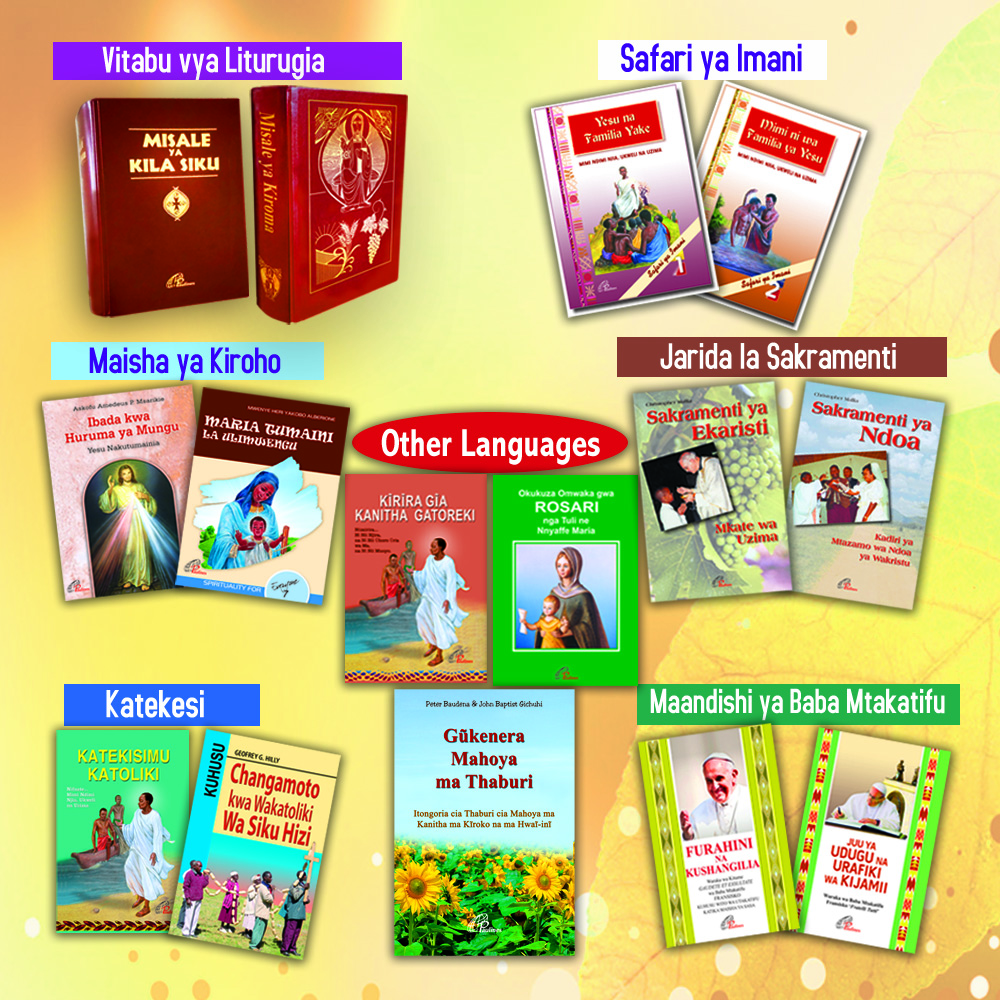




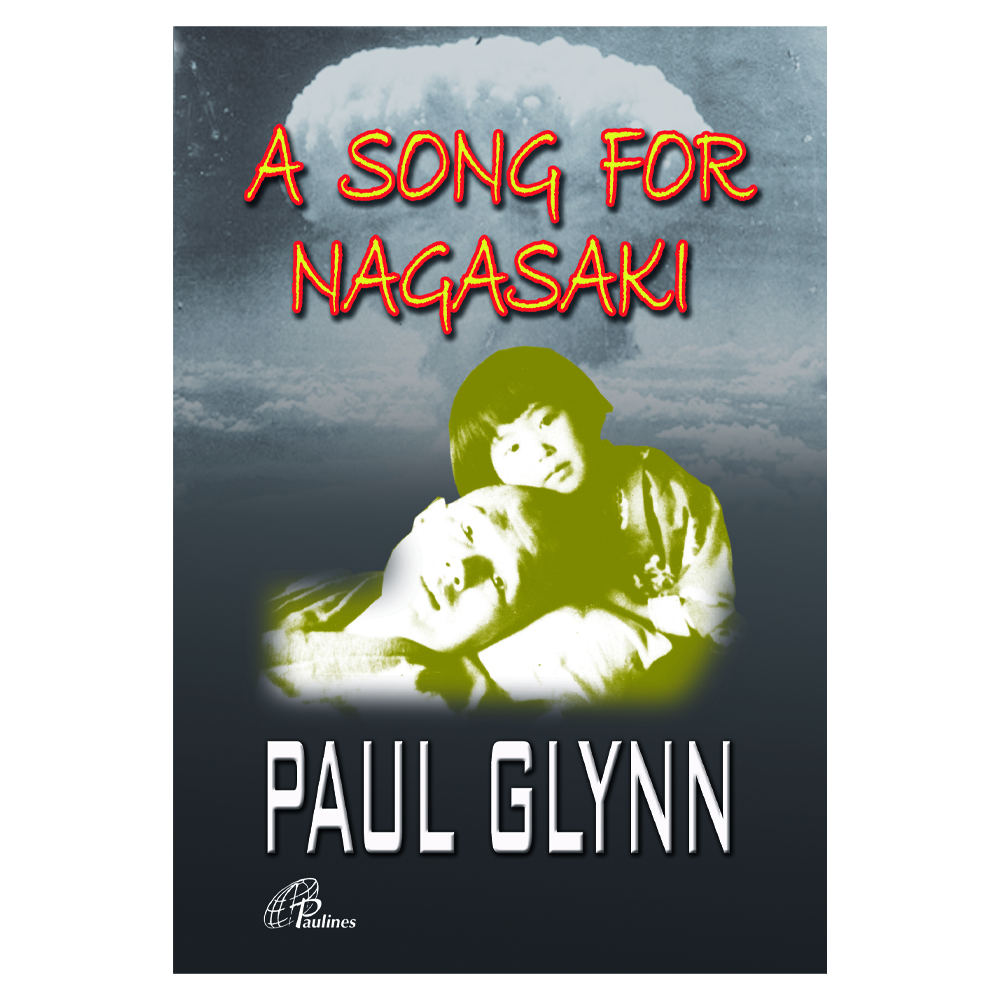
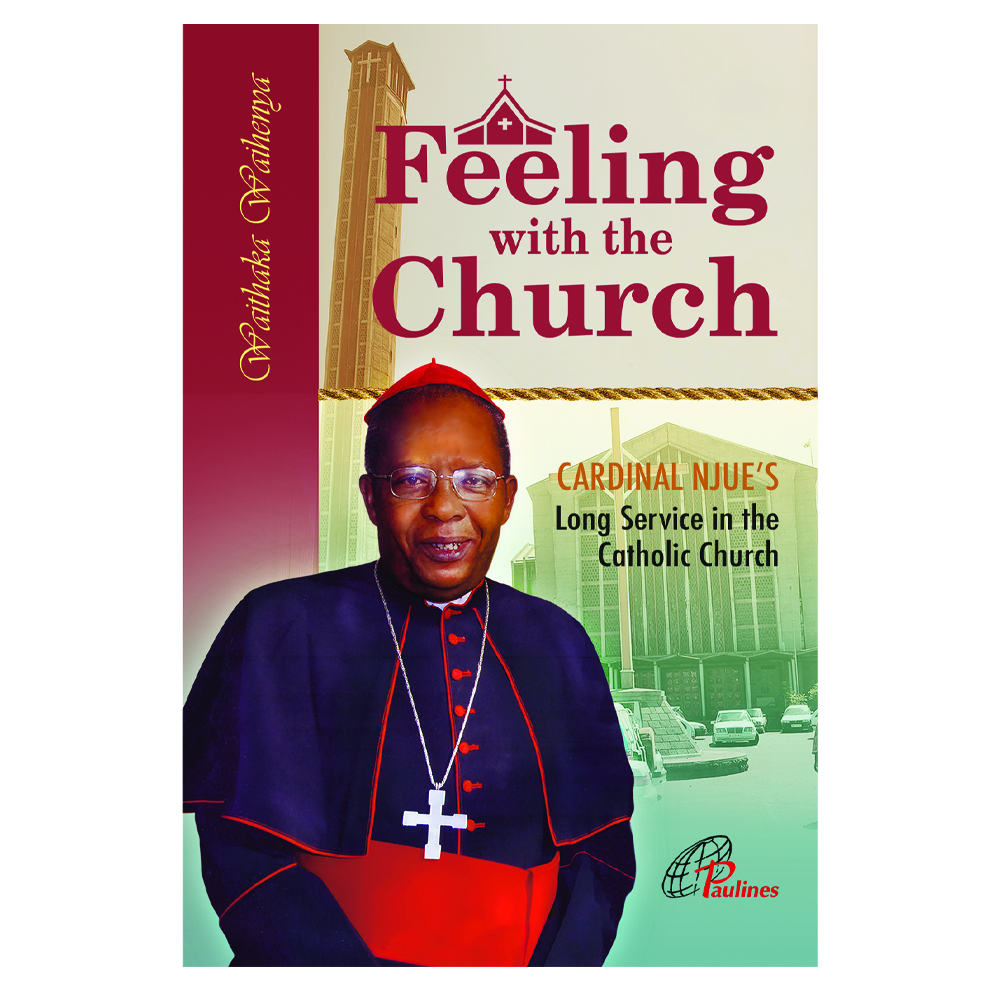
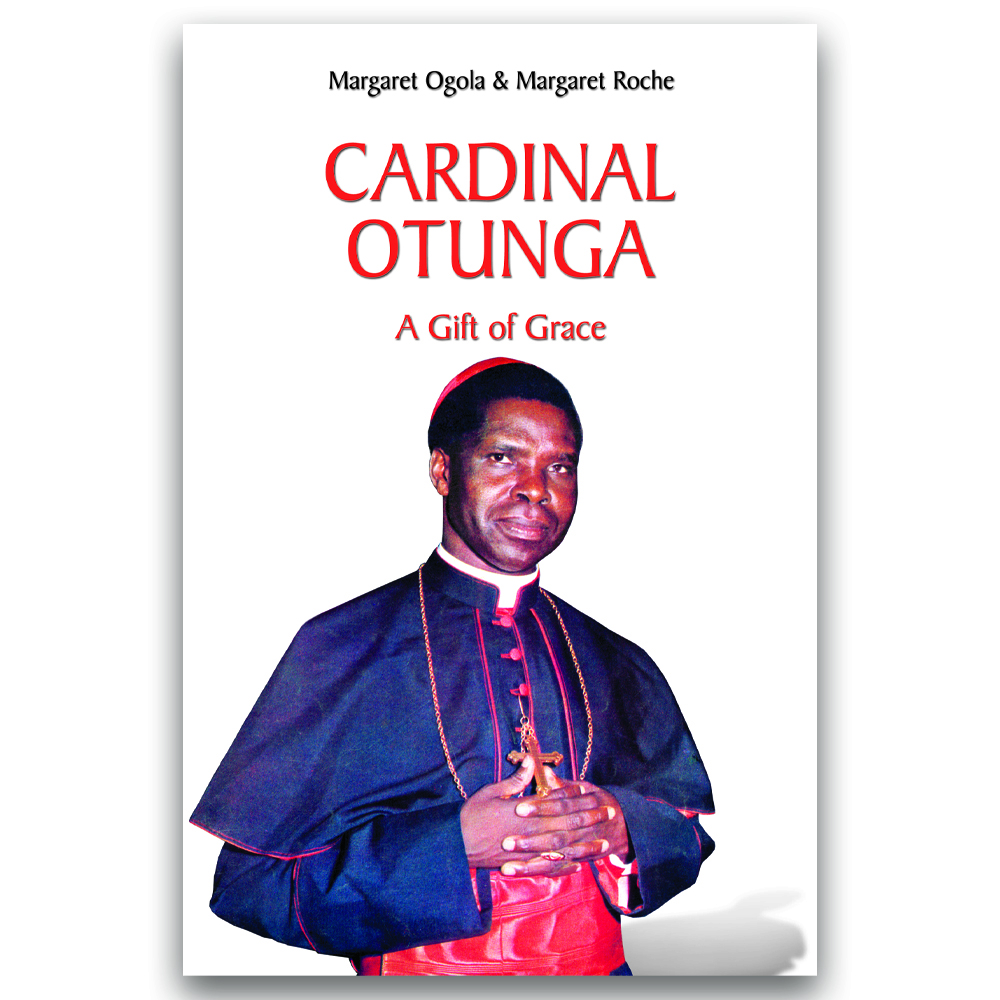
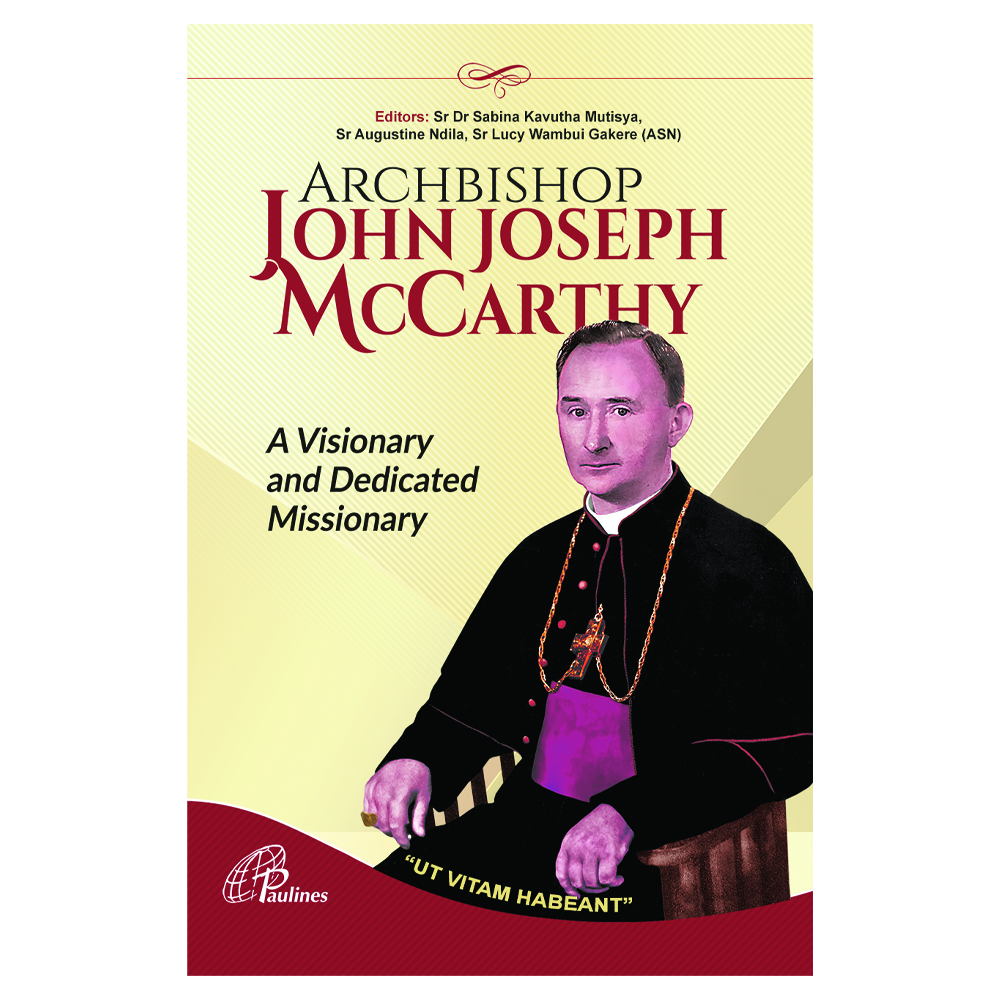
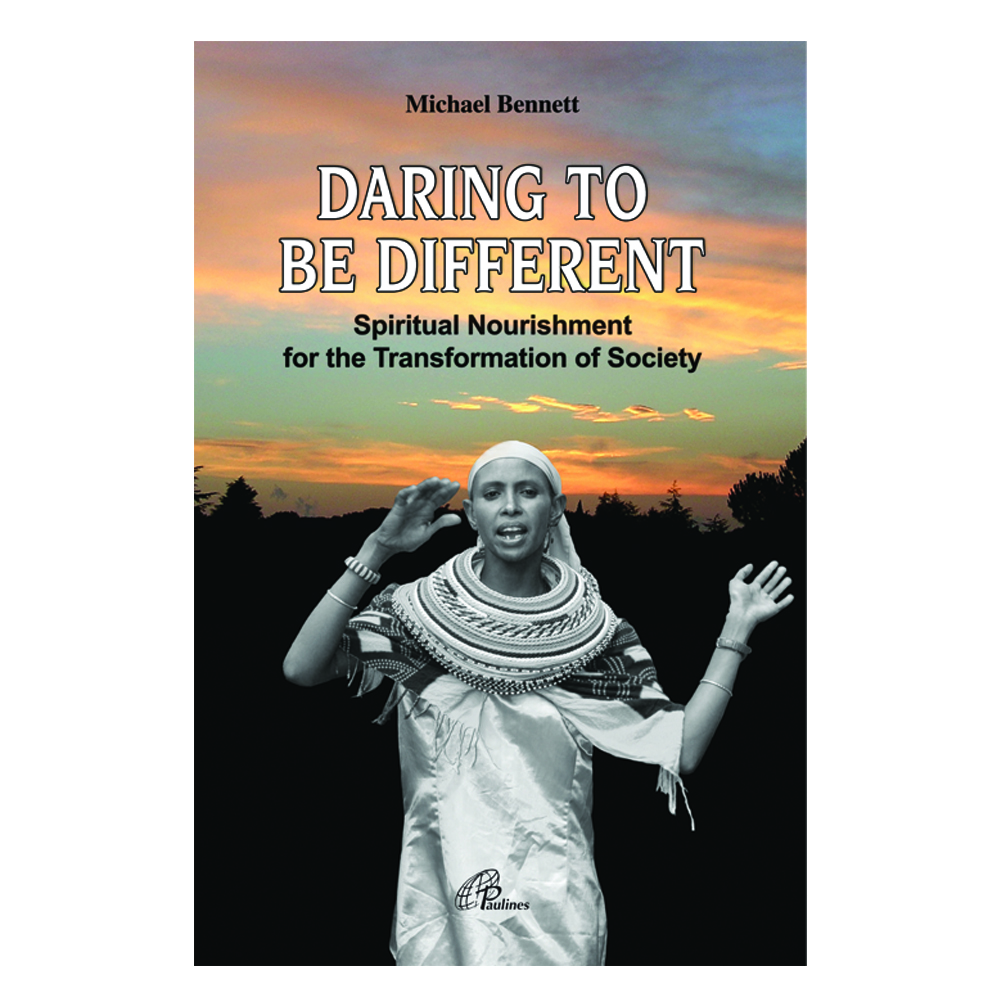
.png)